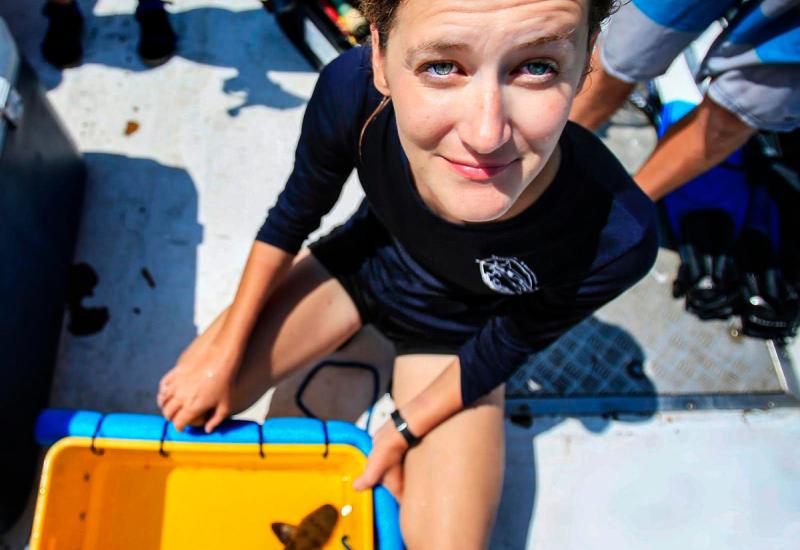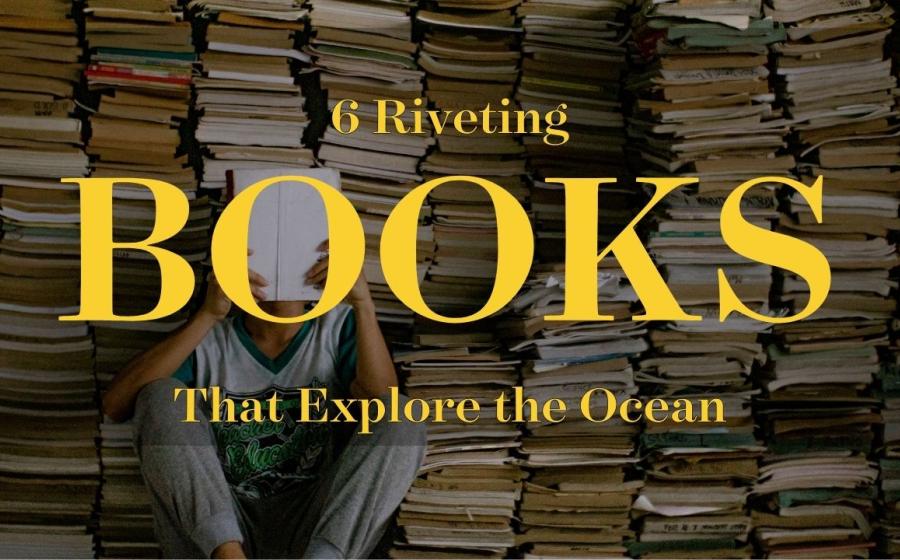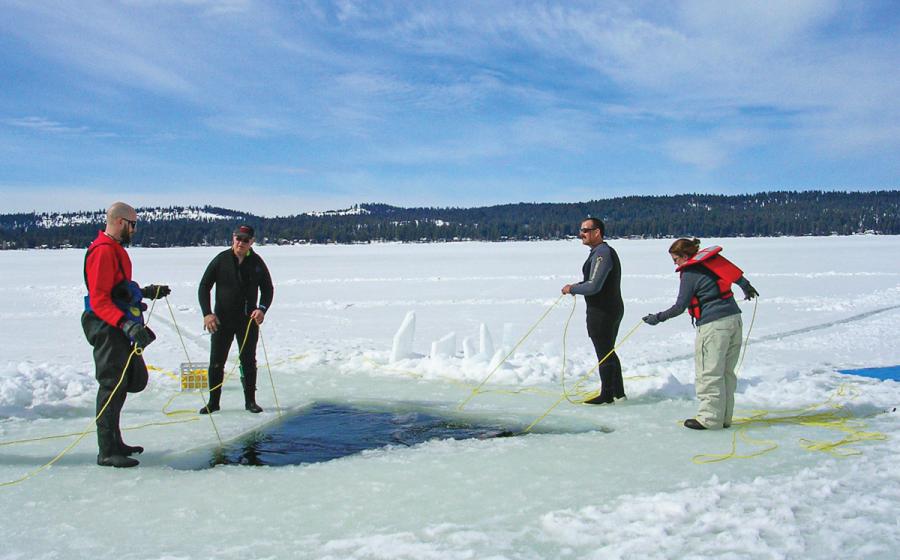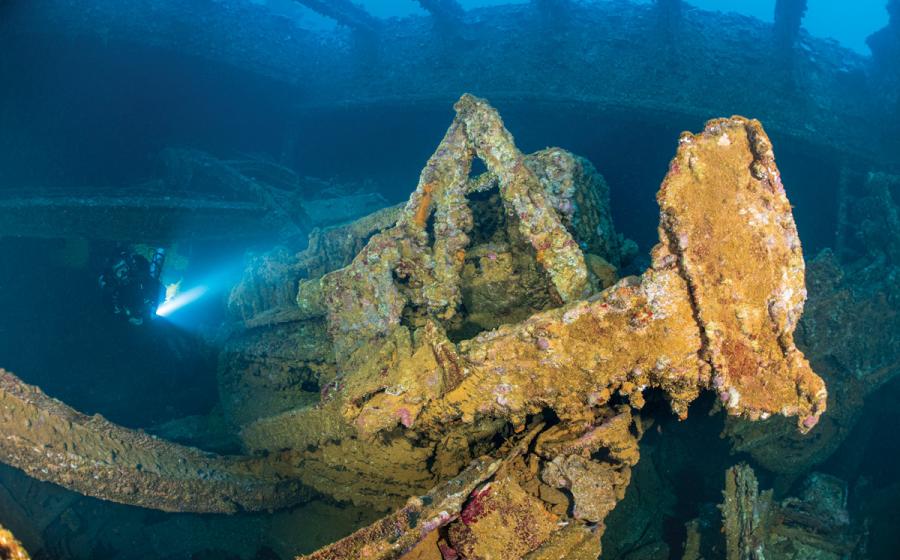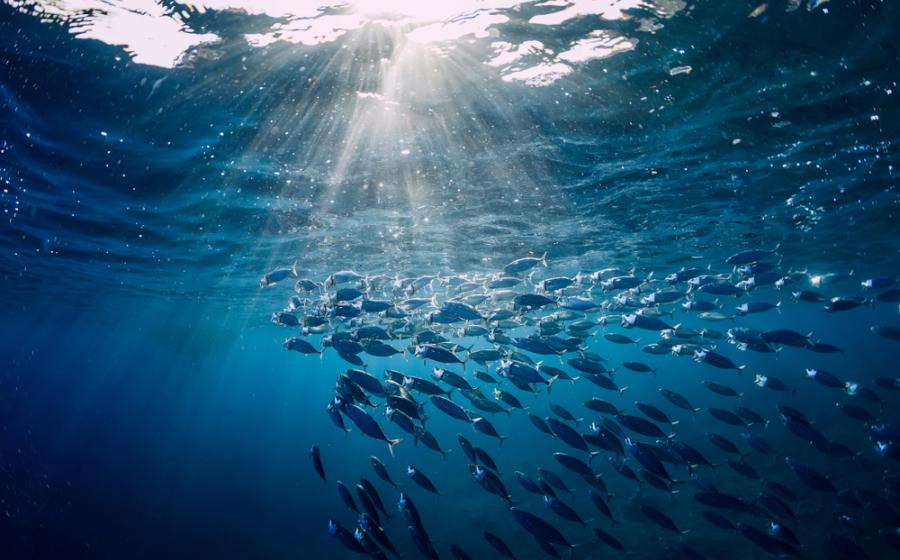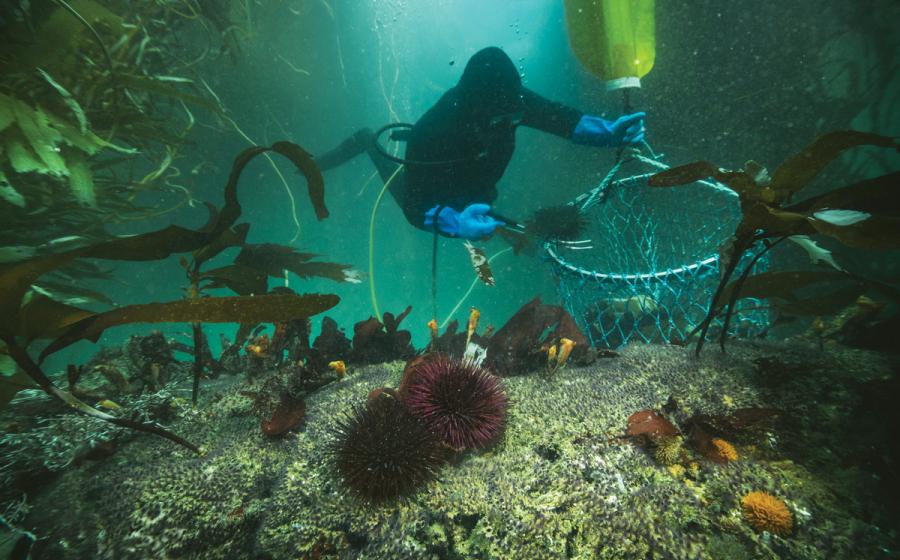Why Scuba Divers Should Become Citizen Scientists
Our oceans are under attack. Around the world, aquatic environments and their precious inhabitants are facing significant challenges. From climate change to pollution, overfishing, invasive species and beyond, the fight has come to us.

Tim PetersFish-ID and citizen science trailblazer Ned DeLoach completes a survey during a Marine Life Education event in Bonaire.
Science-based conservation is our best weapon to defend against these assaults, but you don’t need a Ph.D. to participate. Divers can play an important role—as citizen scientists—because we have access to one of the most dramatic battle lines. Our appreciation for underwater ecosystems runs deep, and we can contribute data to critically important research. Just ask Samantha Whitcraft, director of conservation and out reach for the Sea of Change Foundation. “‘Citizen science’ generally refers to field work, collecting data from observations in or around marine environments that is scientifically valid and applied to a research question or resource management program,” says Whitcraft, a marine conservation biologist whose scientific career includes stops at Harvard University, the University of Miami’s Rosenstiel School of Marine and Atmospheric Science, and the University of Hawaii’s Coral Reef Assessment and Monitoring Program. “Experienced divers are ideal candidates because they have already mastered the basic skills of diving and can more easily add the extra skills of keen observation and detailed data collection. And, in many cases, divers spend more time underwater than scientists, so their observations of an ecosystem can be invaluable for understanding how to most effectively monitor it.”
Just by doing what we love, divers can extend the reach and amplify the effectiveness of marine scientists by becoming their eyes and ears underwater. And there are many examples of citizen science making breakthroughs possible.
“Several years ago, when scientists were having trouble locating the remnants of the lemon shark aggregation off Florida’s Atlantic coast, citizen science data from divers helped them relocate the aggregation to allow critical tagging and tracking to continue for another season,” Whitcraft says. “And the successful tracking of the rapid range expansion of invasive lionfish in the Atlantic using divers’ data has been incredible, thanks to Reef Environmental Education Foundation (REEF).”
By donating their bottom time, divers can help write similar success stories in their local waters, or at exotic destinations when traveling. Here’s how.
FOLLOW YOUR PASSION
The path to becoming a citizen scientist begins by finding the right opportunity. Focus on your interests. Are you committed to your local reefs? Are you enamored by a specific species of marine life? Is there a particular organization that captures your attention? Letting your passion guide your mission will increase your enjoyment—and the value of your contribution.
“Generally, divers who are already interested in the intricacies of marine ecosystems—fascinated by fish species, sea grass growth and live-coral cover, for example—and are passionate about conservation enjoy citizen science the most,” Whitcraft says. “Participating consistently is one of the keys to citizen science being valuable in the long term, leveraging more people collecting more data over longer periods of time.”
By connecting effort to enthusiasm, you’ll be more likely to engage in scientific projects, more attentive during your dives and more dedicated to making the greatest possible contribution.
CHOOSE THE RIGHT MISSION
Chances are good that no matter where you dive, you can find a scientific research project to join. Inquiring at your local dive shop is a great place to start.
“Many dive shops and clubs promote training and regular dives to collect data for reputable citizen science programs like Reef Check and REEF,” says Whitcraft. “Divers can also check with their local university to learn more about the marine science research happening in their area and whether it incorporates citizen science opportunities.”
One step you can take no matter where you dive is to report marine debris, or lack thereof, on Project Aware’s Dive Against Debris app and help create a global dataset of underwater debris.
For more exotic options, adding marine science research to your trip planning will help identify projects you can join when on the road.
“Reef Check and REEF provide citizen science opportunities via travel and in some international dive locations,” Whitcraft says. “Another example, when planning a dive trip to Fiji, every April and November divers can participate in the Great Fiji Shark Count.”
Be sure to vet the organization as much as you can to ensure effective scientific methods are being used. “A good citizen science project or organization will list on their website the scientific studies that have been peer-reviewed and published using the data,” says Whitcraft. “It’s also appropriate to ask how the resulting data is applied to meaningful conservation.”
FOCUS YOUR ATTENTION
Collecting scientific data requires solid dive skills for your safety and the protection of the environment.
“Because most citizen science projects involve adding additional tasks to your dives—usually close observation and data collection—it is important to be a proficient and comfortable diver overall,” Whitcraft says. “This means being experienced in currents and surge and in less than ideal dive conditions, as well as having excellent neutral buoyancy to avoid damaging any substrate while focusing on data collection. I would recommend a certification level beyond entry level and a minimum of 30 dives.”
Certification and scientific agencies, including PADI, SSI, GUE, SDI, AAUS and others, offer science diver courses covering a variety of skills and strategies, from search and survey to sampling, lift bags, planning, mapping and much more.
MAKE A DIFFERENCE No matter what project you choose or what destination you decide to serve, becoming a citizen scientist will deliver rewards beyond your own experience.
“Especially for experienced divers, the more deliberate focus of citizen science provides a new way of looking at the underwater environment, because you’ll become more aware of finer details and interesting animal behaviors,” says Whitcraft. “It also gives your diving more meaning because good citizen science contributes to conservation, so as a div- er gains experience, they become a true naturalist with a deeper understanding of the rhythms of life underwater.”
The Hack: Shooting for Science
Underwater photographers can support important marine science research by contributing to organizations such as Manta Trust, Wildbook for Whale Sharks and Shark Trust, which actively solicit close-up, sharply focused images of whale sharks and manta rays to include in their databases. But don’t lose your head trying to score the perfect shot. “Please keep in mind that when observing and photographing marine animals, responsible wildlife interaction guidelines include not touching the animal, keeping a respectful distance, and never chasing the animal,” Whitcraft says.

8dd8.jpg)

